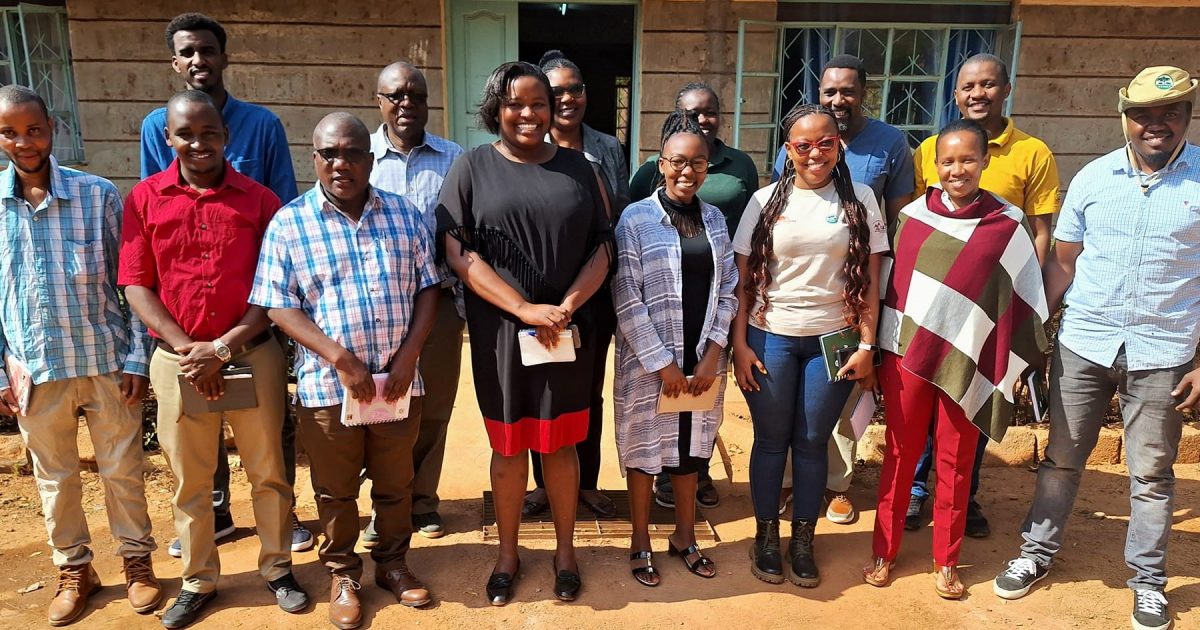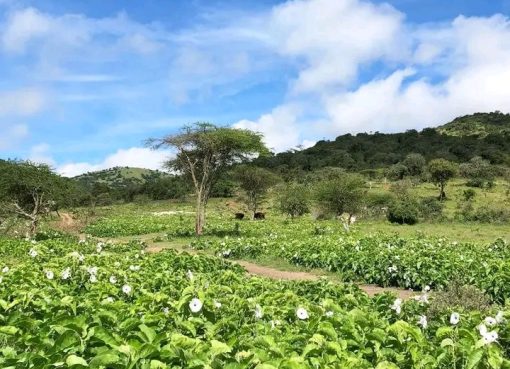The Taita Taveta Wildlife Conservancies Association (TTWCA) in partnership with the Ministry of Tourism and Wildlife and the United Nations Development Programme (UNDP) are in the initial phase of converting Mbale Ranch in Voi Sub- County into a conservancy.
While that is not news at all to a county that hosts both Tsavo West and Tsavo East National Parks and more than two dozen ranches and conservancies, Mbale Ranch cum conservancy will be setting the pace for the involvement of women in conservation with gender parity and sustainable undertones.
“We have several conservancies within our county, but the difference we aspire to make with Mbale Ranch is putting women at the forefront of our conservation efforts,” said Elizabeth Mbinga, the County Chief Officer (CCO) in charge of Environment, Climate Change and Natural Resources.
She added that women were the most affected by the shift in climate change coupled with the endless human-wildlife conflict, leaving them at a great loss in the struggle to keep household food secure.
“It’s a timely intervention that we turn our womenfolk into conservation champions and Mbale Ranch would be a perfect piloting ground to set the pace not only for our county but the rest of Kenya and the world,” said Mbinga.
Echoing the CCO, Chief Executive Officer of the TTWCA Mr. Alfred Mwanake said that the time was ripe to have more women have a say and be in prime positions to contribute to the conservation agenda right from the grassroots.
“We cannot turn a blind eye to the impact that women and the youth have in our efforts for sustainable conservation and turning such opportunities into drivers of economic and social changes,” said Mwanake.
Similar sentiments were made by the project coordinator Mr. Netty Jemutai who emphasized the role of women in the fight against adverse climatic behaviors that continue to push communities to the edge with food and water scarcity becoming more frequent in recent years.
To counter such, Jemutai said there was a need to ensure more women have a seat at the table of conservation efforts to draw meaningful economic and social benefits at the household level.
On the grand scale of things, the ranch-turn-conservancy project will also be used as a mitigation against the perennial human-wildlife conflict that has continued to claim lives, destroy property, and contribute significantly to food insecurity in areas that border the Tsavo ecosystem.
By Arnold Linga Masila



